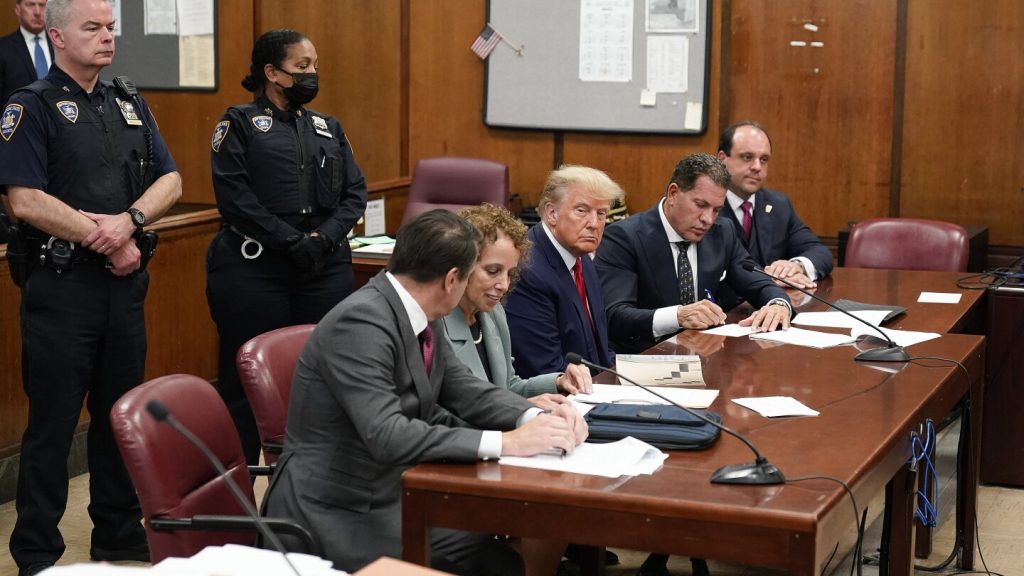Former President Donald Trump’s criminal trial is set to begin with the selection of a jury, consisting of regular citizens who will decide whether he is guilty of a crime. The jury selection process will be crucial in ensuring that the individuals chosen are willing to set aside personal opinions and make a decision based on evidence and the law. Factors that will go into jury selection include eligibility criteria such as being English-speaking U.S. citizens over the age of 18 who have not been convicted of a felony.
Potential jurors for Trump’s trial will be chosen at random and will be residents of Manhattan. Jury duty is compulsory, but individuals can be excused for reasons such as financial or medical hardship. Judge Juan M. Merchan will preside over the selection process, where potential jurors will be asked if they can serve impartially. Those who indicate they cannot will be dismissed. Remaining jurors will be asked a series of questions aimed at revealing any potential biases.
Lawyers on each side will have a limited number of strikes to exclude potential jurors they don’t like, and the process will continue until 12 jurors and six alternates are picked. Questions aimed at rooting out biases include whether jurors have any political, moral, or religious beliefs that might affect their ability to be impartial, as well as their past affiliations with political entities or groups. The judge has ordered that jurors’ names be kept secret to protect them from potential harassment or threats during or after the trial.
Jurors in Trump’s trial will listen to testimony and decide whether he is guilty of falsifying business records. Their decision must be unanimous, and if they cannot agree on a verdict, the judge can declare a mistrial. The jurors will determine whether Trump is guilty of any of the 34 counts against him. The judge will be responsible for deciding the sentence if Trump is convicted. Throughout the trial, jurors are not allowed to discuss the case with anyone, but they can voluntarily share their experiences after it is over.
The selection of a fair and impartial jury is essential to upholding American democracy in Trump’s criminal trial. The process of picking jurors based on eligibility criteria and questioning potential biases ensures that the individuals deciding Trump’s fate can do so objectively. With the names of jurors being kept secret and the decision to convict or acquit resting on their shoulders, the trial is expected to be a closely watched and historic event in legal and political circles. It remains to be seen how the chosen jury will weigh the evidence presented and reach a unanimous decision in this landmark case.


